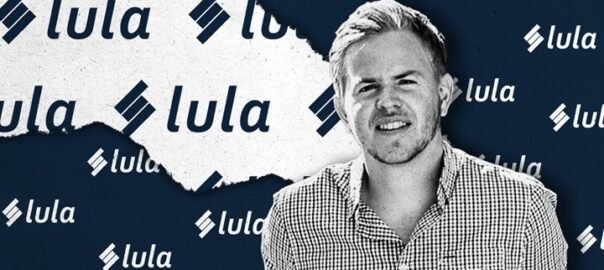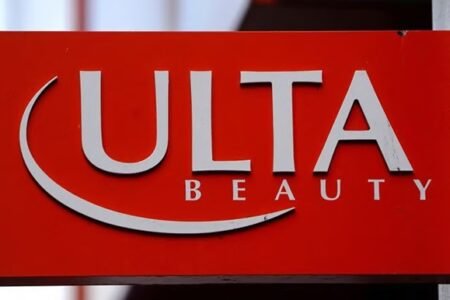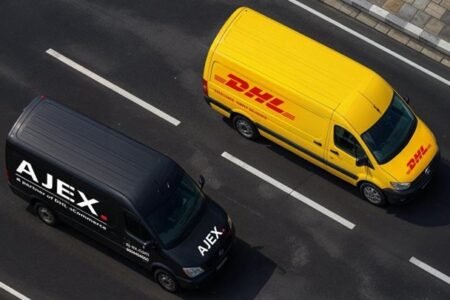
The South African who sold his e-commerce business to Naspers and founded a major fintech platform
After building what eventually became one of the fastest-growing e-commerce startups in South Africa, Trevor Gosling sold it to Naspers and founded Lula, a business that provides funding to small businesses.
Gosling attended Benoni High School from 1995 to 2000 before enrolling in the University of Pretoria to study accounting.
After graduating in 2004, he completed his articles at KPMG in Johannesburg before moving to RMB to pursue investment banking.
This career path would eventually take him overseas to the UK, where he worked at Goldman Sachs for a year before returning to South Africa and RMB.
After spending more time in the banking industry, Gosling launched a venture in 2012 called 5Ounces, a business that flash-sold fine wine, beers, and gourmet food products.
Gosling said he grew up in a family of entrepreneurs. His parents owned pharmacies, and extended family members were all business owners.
“While I was still in investment banking, my brother founded what became Groupon South Africa along with his business partner,” Gosling told CNBC Africa.
“I saw the aggressive growth, especially in the digital space in South Africa, and that really prompted me to get out of investment banking and launch my own venture.”
Gosling says that 5ounces saw promising growth in its early stages, and Naspers approached it in its second year, looking to acquire it.
He said this was a positive sign as he had built it up with the vision of a big corporate taking over the reins in future.
The business was eventually sold to Naspers in 2013, with him staying on for another year as CEO before exiting the business.
Gosling said that after working in e-commerce, he wanted to return to finance, where he had worked for most of his corporate career, and use his technology skills from 5ounces to start a new venture.
He came across fintech as a potential sector to enter, which was still in its infancy in South Africa at the time.
“One fintech model that stuck out to me as something that was needed in South Africa was using technology to provide quick and easy finance to small and medium-sized enterprises,” he said.
“At that point, I saw a stat that said 90% of South African SMMEs were unable to access funding through traditional institutions, and I thought this is a huge problem that needs to be solved.”
Starting Lula
Gosling says that traditional financial institutions aren’t set up to be able to fund SMMEs, given that the banking network infrastructure is set up and the risk involved in financing these ventures.
He says the only way to solve this issue is to use automation to drive down the cost of funding and scale the business model.
“I knew I needed a quality CTO on board, which is where my business partner Neil Welman came in,” Gosling said in a News24 interview.
“I needed help developing the platform and all the ideas. Neil is excellent on the tech side, and then I bring the more commercial and business side to things.”
To fund the business, Gosling approached local investors and got a venture capital firm on board, but seed investment from European investors who had seen the potential for this model before.
The business was launched as LulaLend in 2015, later rebranding as Lula, and initially focused on its ability to automate analysing the risk of providing a business with funding.
Gosling said the early days of the business were tricky as they did not know how the funding provided to companies would perform.
However, using its technology, it constantly improved its analysis of companies to provide more accurate funding.
“At the same time, we’ve developed a bit of a track record that’s given investors more confidence in us as a business, who have provided us with additional capital to grow,” Gosling says.
Lula provides funding of up to R5 million and has gone on to fund hundreds of businesses since its launch.
Author Credits- Daniel Puchert
MY BROADBAND









